Negotiators in the Kenya-US Strategic Trade and Investment Partnership (STIP) have entered the final stretch in their push for a deal, amid mounting pressure with US elections 40 days away.
The teams are meeting in Washington D.C where the eighth round commenced on Monday last week and are expected to end this Friday.
Insiders told the Star yesterday that there has been pressure from Presidents–William Ruto (Kenya) and US’s Joe Biden, to finalise the talks said to be 90 per cent complete.
The 12-day meeting covers agriculture, customs, trade facilitation and enforcement, environment, good regulatory practices, inclusivity, legal and administrative matters; and workers’ rights and protections.
Assistant U.S. Trade Representative Constance Hamilton leads the US delegation while Trade PS Alfred K’Ombudo is leading the Kenyan team.
The two will also co-chair a stakeholder listening session.
Kenya is pushing for a bigger pie of the US market, which it currently accesses duty-free under the African Growth and Opportunity Act (AGOA).
The US on the other hand wants a deal that creates opportunities to improve protections for labour and the environment, and open the Kenyan market for American manufacturers, farmers and small businesses.
It is also pushing Kenya to address corruption in the country and improve transparency in government tenders, as it seeks to have American companies take up these opportunities currently dominated by China and a section of European countries.
Kenya’s Trade Cabinet Secretary Salim Mvurya confirmed that the two countries reaffirmed their commitment to “successfully” conclude the remaining chapters of the agreement.
Mvurya last week held a virtual meeting with US Trade Representative Katherine Tai.
"We underscored the importance of this partnership in enhancing bilateral trade and investment ties. I reiterated my availability for continued virtual dialogue to ensure the timely and effective resolution of key issues during this round of negotiations,” Mvurya said.
The Washington meeting comes after a five-day seventh round of negotiation in Nairobi last month, where according to the US trade office, negotiators continued “to make progress in deepening mutual understanding and resolving differences.”
US ambassador Meg Whitman had earlier indicated the two countries are keen to have a deal before a new administration, in what will be one of President Joe Biden’s achievements on strengthening bilateral ties with its key ally in East Africa.
"I really hope we can bring it to fruition by end of this year," Whitman said in Nairobi.
According to the ambassador, a deal can also be sealed during the ‘lame duck’ period.
This is the period between after elections (November) and handing over of power to the elected President, which is normally January 20 of the year following the election.
Legal teams from both countries are working on international trade laws, conflict resolution and institutional chapters of the proposed trade agreement.
During a meeting at White House in May, Presidents Ruto and Biden called on the negotiating teams to fast-track the talks, in what was seen as a push to have a deal before the latter’s term ends.
Biden has since withdrawn from re-election with his deputy Kamala Harris now the official Democrat candidate for the US presidential election, pitted against Republicans’ Donald Trump.
The two countries had hoped to have a deal by December last year but talks stretched into this year.
They are keen to avoid a repeat of previous cases where elections and change of regime slowed down the process, which commenced in July 2020 during former Presidents Donald Trump and Uhuru Kenyatta's tenures.
After the US elections in November 2020, President Joe Bidens’s administration took time to review part of the pact before initiating a fresh round of talks.
Kenya then went into an election in August 2022, which saw then Deputy President William Ruto ascend to power, with his administration taking over the negotiations.
Ruto and Biden’s administrations then settled to seek a deal under what is now known a Strategic Trade and Investment Partnership (STIP).
With a bilateral deal, Kenya is keen to tap at least five per cent of the US market, which has the potential to earn the country more than Sh2 trillion in export revenues annually.
Last year, Kenya's exports to the US were valued at Sh62.3 billion, down from Sh79.9 billion, the Economic Survey 2024 indicates.
More than half of Kenyan exports to the US are comprised of textile and apparel, macadamia, coffee, titanium ores and concentrates, and black tea.
Trade is however in favour of the US as Kenya spent Sh112.8 billion on imports from the US market, an increase from Sh93.4 billion in 2022.


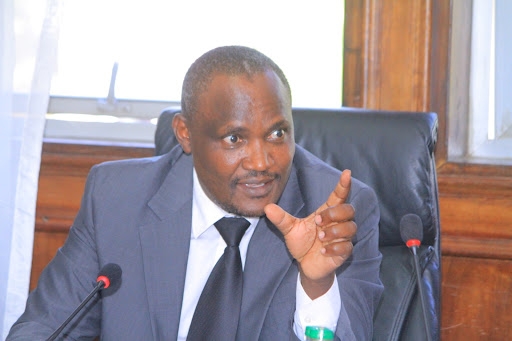

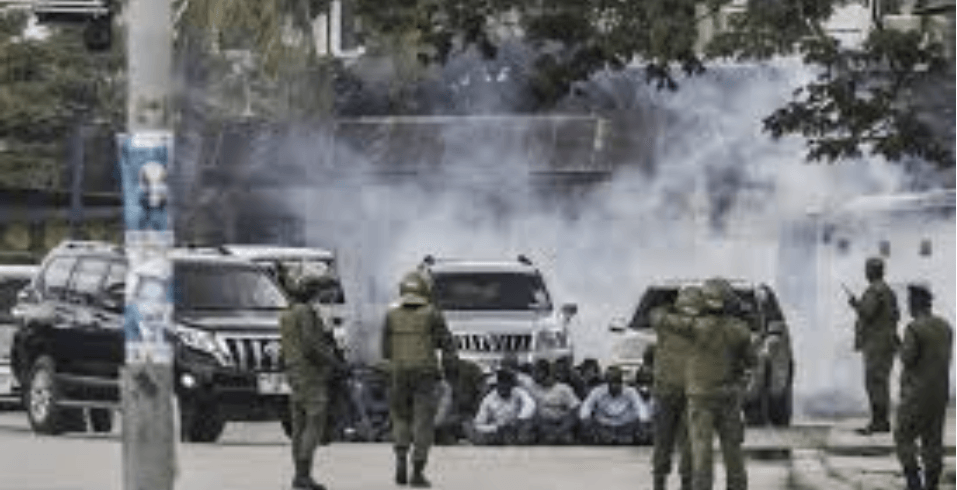


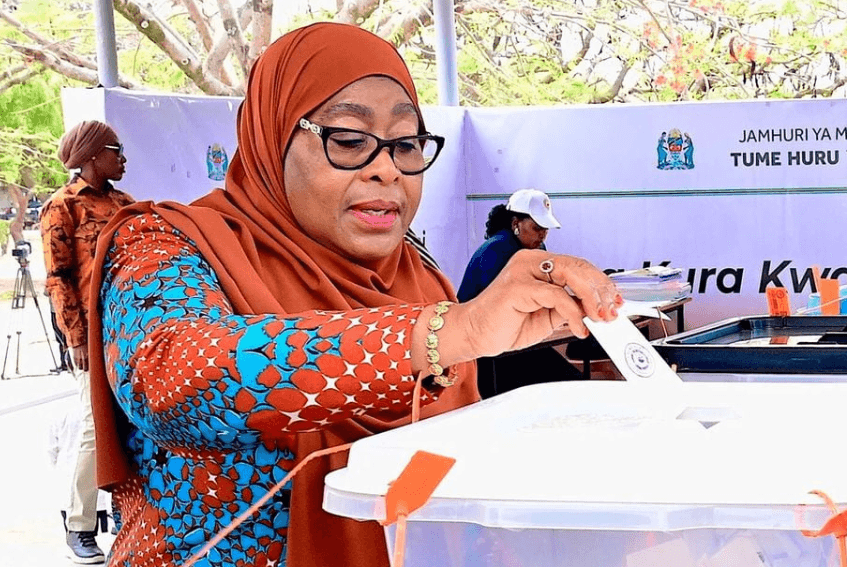
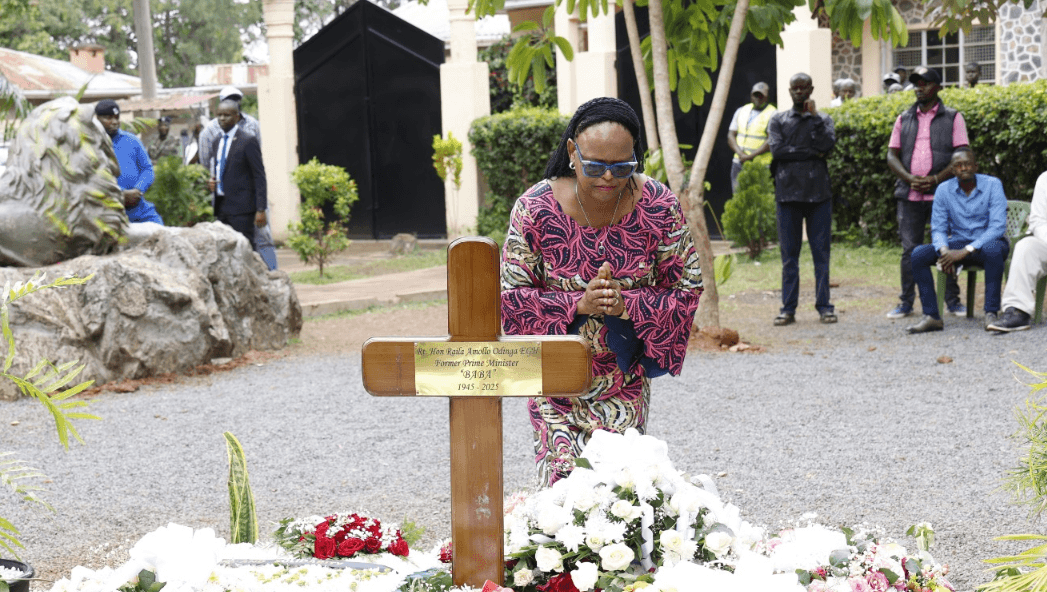

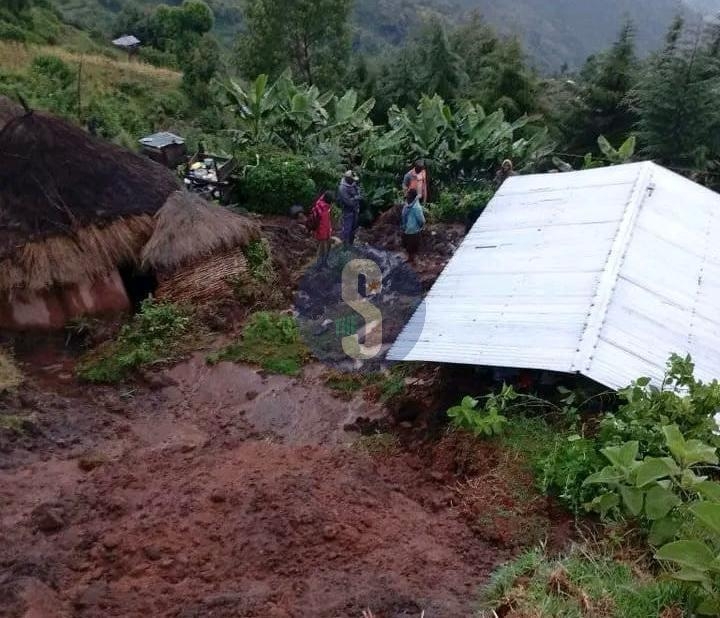
![[PHOTOS] Elgeyo Marakwet landslide victims arrive in Eldoret for care](/_next/image?url=https%3A%2F%2Fcdn.radioafrica.digital%2Fimage%2F2025%2F11%2F425460d9-7ff1-4975-8a1f-cd0aaefb7812.jpg&w=3840&q=100)
